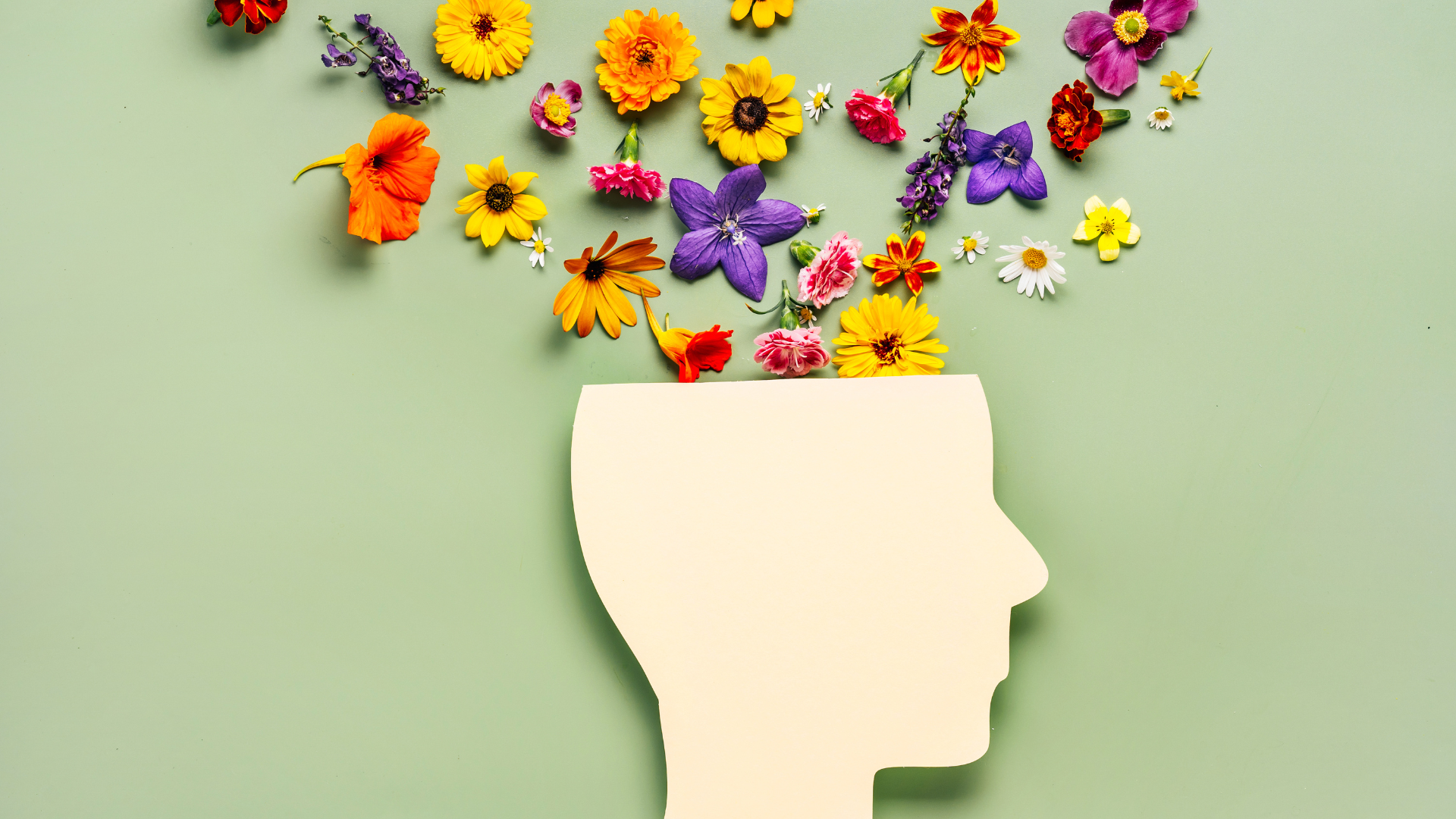How stress impacts female hormones and how to manage them
Stress and Female Hormone
Stress is a fact of life and it can be helpful in problem solving and productivity. However, chronic stress can lead to all sorts of health problems including disrupting the body’s natural hormone balance, causing issues such as anxiety, depression, weight problems, sleep disturbance and low energy. Progesterone and estrogen are not exempt from this deleterious effect of chronic stress. Those two hormones progesterone and estrogen work together in the female body to create a balancing effect on a woman’s overall health. Not enough progesterone can lead to symptoms of PMDD, It's important that your progesterone levels stay within a safe range.
How Stress Creates an Imbalance
Your body naturally produces stress hormones such as cortisol and adrenaline, to help you react to situations that require a quick increase of energy and attention. Under acute stress situation for instance rushing to make your flight or about to give a presentation to a roomful of executives the body releases large amounts of adrenaline and cortisol. The body state returns to normal when the situation is solved. Chronic stress on the other hand can result in depletion of stress hormones due to constance released to maintain homeostasis causing the body to find sources for replenishing the stress hormone. The body can achieved this by resorting to synthesizing more cortisol from progesterone, one of the many precursors to cortisol. This process in turn results decrease in progesterone level and therefore a condition of estrogen dominance. PMDD is often a result of this hormonal imbalances causing symptoms such as discomfort with breast tenderness, headaches, sleep difficulties, anxiety and even depression.
The Solution
Becoming aware of being stressed is the first step to correcting a possible stress related hormone imbalance. It can be hard to tell what’s happening inside your body. By noticing how you feel and your reactions in stressful situations, you are more able to effect change that can lead to better hormone balance.When you're able to stay calm during tense situations, it's easier for your body to avoid over-reacting in stressful scenarios.
Some great ideas for reducing stress and eliminating a hormone imbalance include:
-
Regular exercises
-
Practicing daily meditation, mindfulness, meditative exercise like yoga or Tai Chi
-
Improving a better sleep routine ( sleeping at least 6-8 hours)
-
Decrease intake of caffeine and alcohol
-
Establishing and maintaining a healthy diet rich in fruits, vegetables, lean protein and complex carbohydrate
-
Evaluating and adjusting your work and life balance
-
Creating healthy relationships for emotional support from family and friends
Sometimes, seeking professional help may be very beneficial and can be extremely helpful in managing stress and improving your overall health.
Conclusion : Stress does impact female hormones. It is important to recognize early signs of hormone imbalance, and making sure you take appropriate step to reduce these negative impacts so as to achieve a better quality of life.




